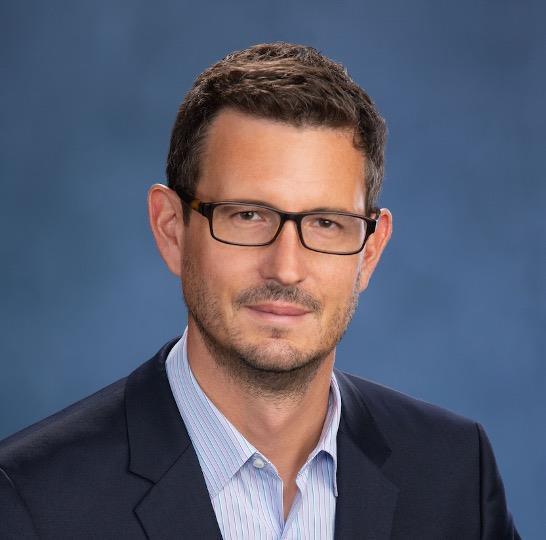
If necessity truly is the mother of invention, then the oil and gas industry has it down to a fine art.
Over the years, the sector has used cutting-edge technology to overcome downturns and disasters, while decarbonisation will require similar efforts yet again.
Houston-headquartered Belmont Technology was set up in 2017 as energy firms were looking for ways to cut costs in the wake of the most recent price crash
“I co-founded the firm at a time when oil and gas companies were beginning to explore the opportunities presented by digitalisation. The oil price was low and there was a realisation it could be low for a long time. Improving efficiency became a necessity to operate,” said Jean-Marie Laigle, Belmont’s CEO.
In order to help companies improve their bottom line, Belmont developed a “next generation” cloud-based geoscience platform to “accelerate project lifecycle and shorten the time from data to decision”.
The technology amalgamates complex information on geology, geophysics, reservoirs and historic projects, then creates “knowledge-graphs” of subsurface assets in order to “contextualise” data.
In the North Sea specifically, the technology is being used to help operators manage reservoirs, as well as to get a handle on the “mountains of data” that flows between teams.
Laigle said: “This information exposes information in front of people, ensuring they have access all the data possible and that it’s qualified in terms of quality.
“There are many decisions that are made, even today, with just partial knowledge – that is something this technology is solving.
“It puts all the evidence at your fingertips and assists you in evaluating its relevance. One unique aspect that the technology provides is the ability to extract information from other sources, such as text documents.
“Companies are using the software to better understand the quality of the hydrocarbons that they’re going to produce. This helps them to focus on producing resources that are less carbon intensive, such as natural gas. This is an exploration problem that we’re helping to solve.”
So far, the platform, has received a ringing endorsement from firms, with BP becoming a strategic investor in 2018 – the technology is behind Sandy, BP’s subsurface expert advisor system – and Repsol following shortly after.
Belmont’s technology is already in place in the North Sea, where it contributes to savings of around $100 million (£72m) a year by reducing well wastage.
Moreover, having immediate access to key information and speeding up the decision-making process means that tens of thousands of work hours are banked each year.
Belmont, which has bases in France and the US, is now looking to expand into new vertical markets as efforts to decarbonise the energy sector ramp up.
“There is a lot of discussion about carbon capture and storage at the moment. On the storage side of the technology is a technical domain that’s not that different to extracting hydrocarbons from the subsurface,” Laigle explained.
He added: “There is a lot of investigation that needs to be carried out to find the best reservoirs for storing carbon – it’s like exploration in reverse. The technology, which has the ability to integrate legacy data, will be immensely helpful in streamlining this process.”
Geothermal is another area in which Belmont’s technology “is going to shine”, as companies try to locate the best areas for producing energy from subsurface resources.
Indeed, the technology helps to address the “fundamental uncertainty” that exists in subsea activities, be they in conventional hydrocarbons or renewables.
Laigle said: “You can’t broadly observe the subsurface – there’s just access to partial information and decisions are taken with doubt. Our technology helps to improve this.
“What’s important for us now is to go along with our customers in the oil transition. Climate change is one of the biggest challenges to society and there are so many uncertainties linked to that.
“Addressing the gaps requires the integration of mass data and the technology that we’re developing is definitely going to help this.”
Recommended for you


 © Supplied by Belmont Techology
© Supplied by Belmont Techology